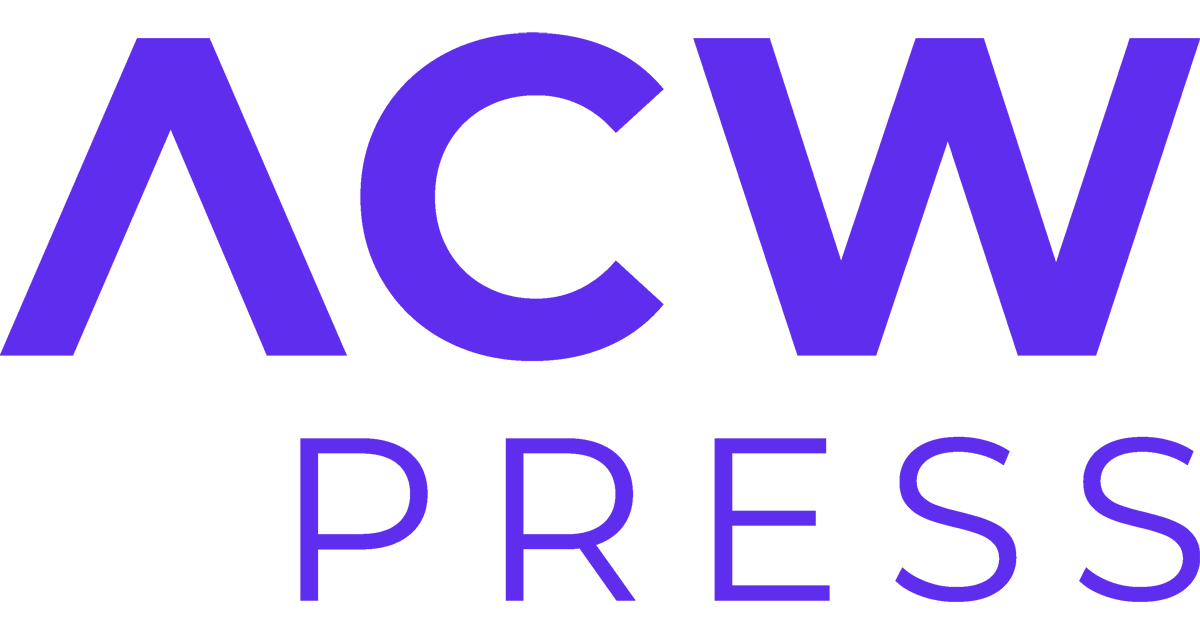Digital Archiving
Division of Scientific Publishing is dedicated to the long-term preservation and accessibility of all published content. Our Digital Archiving Policy ensures that the scholarly works published in our journals remain available to the academic community and the public for the foreseeable future. This policy outlines our strategies and measures to maintain the integrity and accessibility of our digital content.
Objectives
-
Preservation of Scholarly Record
-
We aim to preserve the integrity and accessibility of the scholarly record, ensuring that all published content is securely archived and can be accessed by future generations of researchers and readers.
-
Compliance with Standards
-
Our archiving practices comply with industry standards and best practices for digital preservation, ensuring that our content remains reliable and accessible over time.
Archiving Strategies
-
Trusted Digital Repositories
-
Division of Scientific Publishing partners with reputable digital repositories, including Portico and the Asian Digital Library, to archive our journals. These repositories provide secure, long-term storage and ensure the continued availability of our content.
-
Third-Party Services
-
Portico and the Asian Digital Library offer decentralized and distributed archiving solutions, enhancing the resilience and accessibility of our content. These partnerships ensure that our publications are preserved even if unforeseen events occur.
-
Institutional Repositories
-
Authors are encouraged to deposit their published articles in institutional repositories, contributing to their work's broader dissemination and preservation.
Access and Availability
-
Perpetual Access
-
Division of Scientific Publishing ensures that all published articles are available in perpetuity. Even if a journal ceases publication, its content will remain accessible through our archiving partners and repositories.
-
Open Access Commitment
-
As an open-access publisher, Division of Scientific Publishing makes research freely available to everyone. Our digital archiving policy supports this commitment by ensuring all content is preserved and accessible without barriers.
Technical Infrastructure
-
Metadata Standards
-
We adhere to recognized metadata standards to ensure our archived content is easily discoverable and retrievable. Proper metadata enhances the usability and accessibility of our digital archives.
-
File Formats
-
We archive our content using standardized, non-proprietary file formats (e.g., PDF/A, XML). These formats are widely supported and ensure long-term readability and accessibility.
-
Data Integrity
-
Regular integrity checks and audits are conducted to ensure the completeness and accuracy of our archived content. Any detected issues are promptly addressed to maintain the integrity of the scholarly record.
Collaboration and Compliance
-
Industry Collaboration
-
Division of Scientific Publishing collaborates with other publishers, libraries, and archiving organizations to stay informed about the latest developments and best practices in digital preservation.
-
Policy Compliance
-
Our archiving practices comply with the requirements of major funding bodies and institutions. We work to ensure that our policies align with their guidelines and support the broader goals of research preservation and accessibility.
Continuous Improvement
-
Ongoing Evaluation
We continuously evaluate and improve our digital archiving practices to adapt to new technologies and emerging standards in digital preservation.

